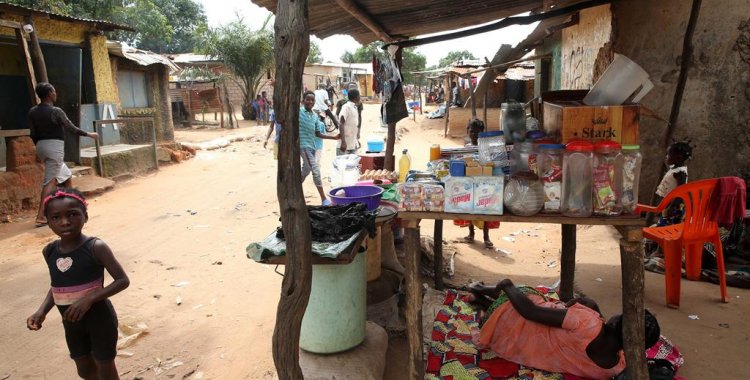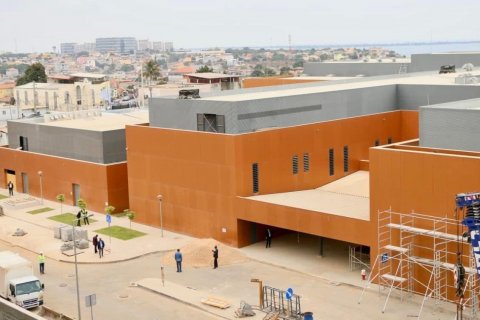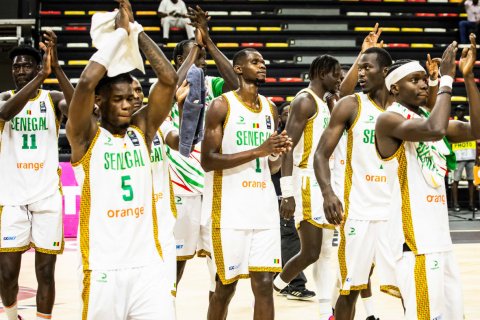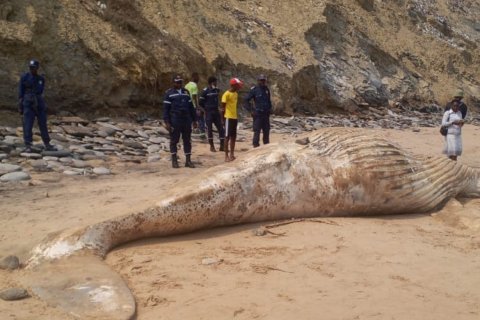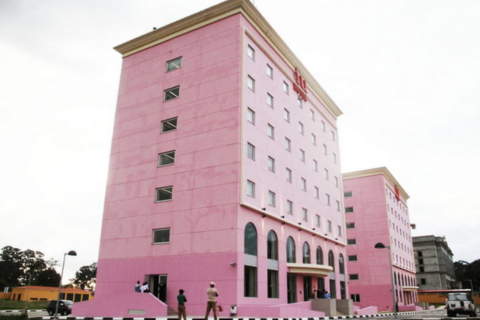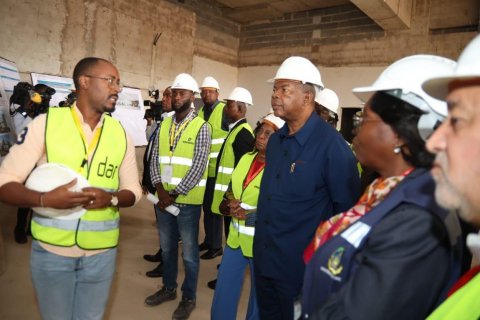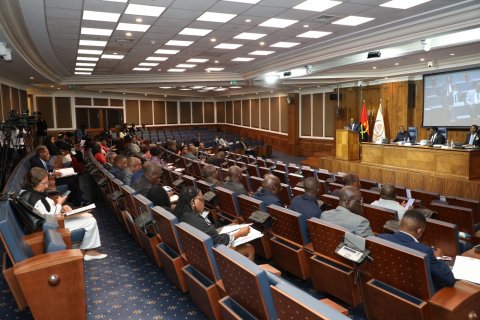Hunger in Angola "is a fact, it is real and not relative as has been said in official voices. On the way to 50 years of independence, with 22 years of peace, our citizens resort to fighting over garbage containers in order to be able to eat something and this should not leave anyone alone", stated the secretary general of UNITA, Álvaro Chikwamanga, this Wednesday.
According to the politician from the National Union for the Total Independence of Angola (UNITA), who chaired the FPU press conference, the problem of hunger "is serious and the country needs effective and sustainable measures" to combat it.
According to Álvaro Chikwamanga, these measures should focus on "strong investments" in infrastructure that "stimulate production and encourage investment".
The politician, who was taking stock of last Saturday's demonstration in Luanda, promoted by the FPU, an opposition platform that brings together the parties UNITA, Bloco Democrático (BD) and PRA JA Servir Angola, recalled that thousands of people took to the streets "for an Angola free from hunger, poverty and the systematic violation of the democratic rule of law".
The march was motivated by the "glaring problem of hunger that affects nearly 9 million Angolans, a phenomenon that can be seen throughout the country and not just in the capital Luanda", by the "poverty that grows every day and affects around 17 million Angolans" and by the high cost of living, he said.
The protests were also caused by the violation of human rights and fundamental freedoms of citizens, the existence of "political prisoners in Angolan jails, the disrespect for the will of the people expressed at the polls and the failure to hold local elections", he added.
The march, which brought together politicians, activists and members of civil society and went through the streets of the capital without any incidents, had an "active, voluntary and enthusiastic" participation of citizens, especially young people who respected republican institutions, he stressed.
The deputy of the National Assembly also regretted what he considered to be the "excessive and ostentatious presence of special forces" from the National Police during the march and the "blockade" of the streets where the protesters would pass.
"In view of this fact, we must raise awareness among the police so that they do not obstruct the freedom of citizens who demonstrate within the framework of the law (...). We regret the unequal treatment that the police have given to the marches organized by the ruling party (MPLA) in relation to those organized by the opposition parties and civil society", concluded Álvaro Chikwamanga.
On Tuesday, Virgílio Tchova, a member of the Popular Movement for the Liberation of Angola (MPLA), dismissed criticism about the lack of consistent public policies to combat hunger, stating that this is a "constant concern" for the government.
"This depends a lot on the perspective of the person speaking. The government has one perspective, some civil society has another perspective. We need to meet and have a discourse in which we all understand each other's point of view. I think that's the debate," Virgílio Tchova told Lusa.

